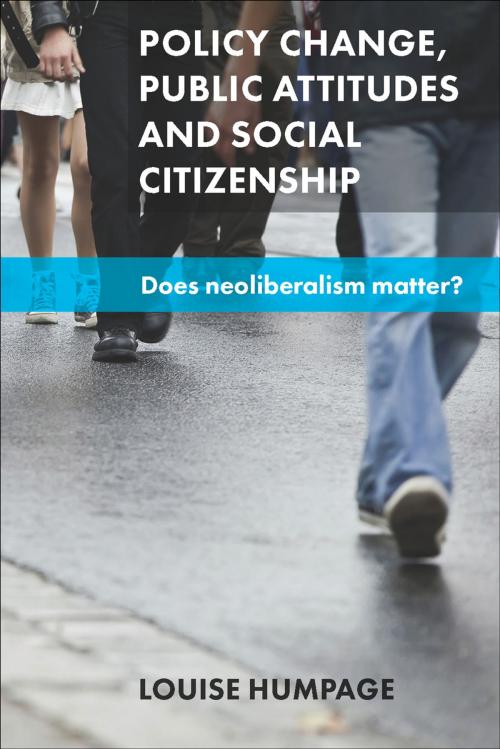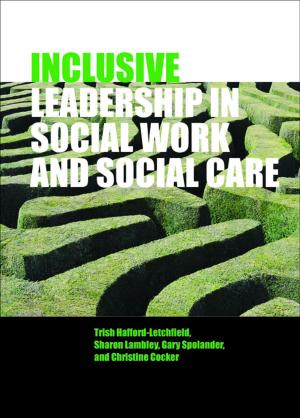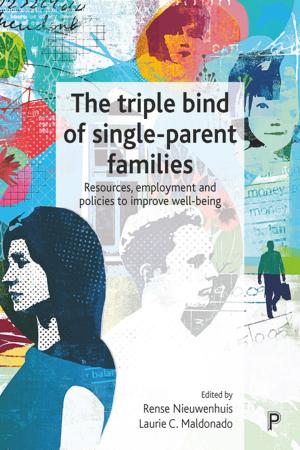Policy change, public attitudes and social citizenship
Does neoliberalism matter?
Nonfiction, Social & Cultural Studies, Political Science, Politics, Social Services & Welfare, Government, Social Policy, Social Science| Author: | Humpage, Louise | ISBN: | 9781447323518 |
| Publisher: | Policy Press | Publication: | November 5, 2014 |
| Imprint: | Policy Press | Language: | English |
| Author: | Humpage, Louise |
| ISBN: | 9781447323518 |
| Publisher: | Policy Press |
| Publication: | November 5, 2014 |
| Imprint: | Policy Press |
| Language: | English |
Neoliberal reforms have seen a radical shift in government thinking about social citizenship rights around the world. But have they had a similarly significant impact on public support for these rights? This unique book traces public views on social citizenship across three decades through attitudinal data from New Zealand, the United Kingdom and Australia. It argues that support for some aspects of social citizenship diminished more significantly under some political regimes than others, and that limited public resistance following the financial crisis of 2008-2009 further suggests the public ‘rolled over’ and accepted these neoliberal values. Yet attitudinal variances across different policy areas challenge the idea of an omnipotent neoliberalism, providing food for thought for academics, students and advocates wishing to galvanise support for social citizenship in the 21st century.
Neoliberal reforms have seen a radical shift in government thinking about social citizenship rights around the world. But have they had a similarly significant impact on public support for these rights? This unique book traces public views on social citizenship across three decades through attitudinal data from New Zealand, the United Kingdom and Australia. It argues that support for some aspects of social citizenship diminished more significantly under some political regimes than others, and that limited public resistance following the financial crisis of 2008-2009 further suggests the public ‘rolled over’ and accepted these neoliberal values. Yet attitudinal variances across different policy areas challenge the idea of an omnipotent neoliberalism, providing food for thought for academics, students and advocates wishing to galvanise support for social citizenship in the 21st century.















